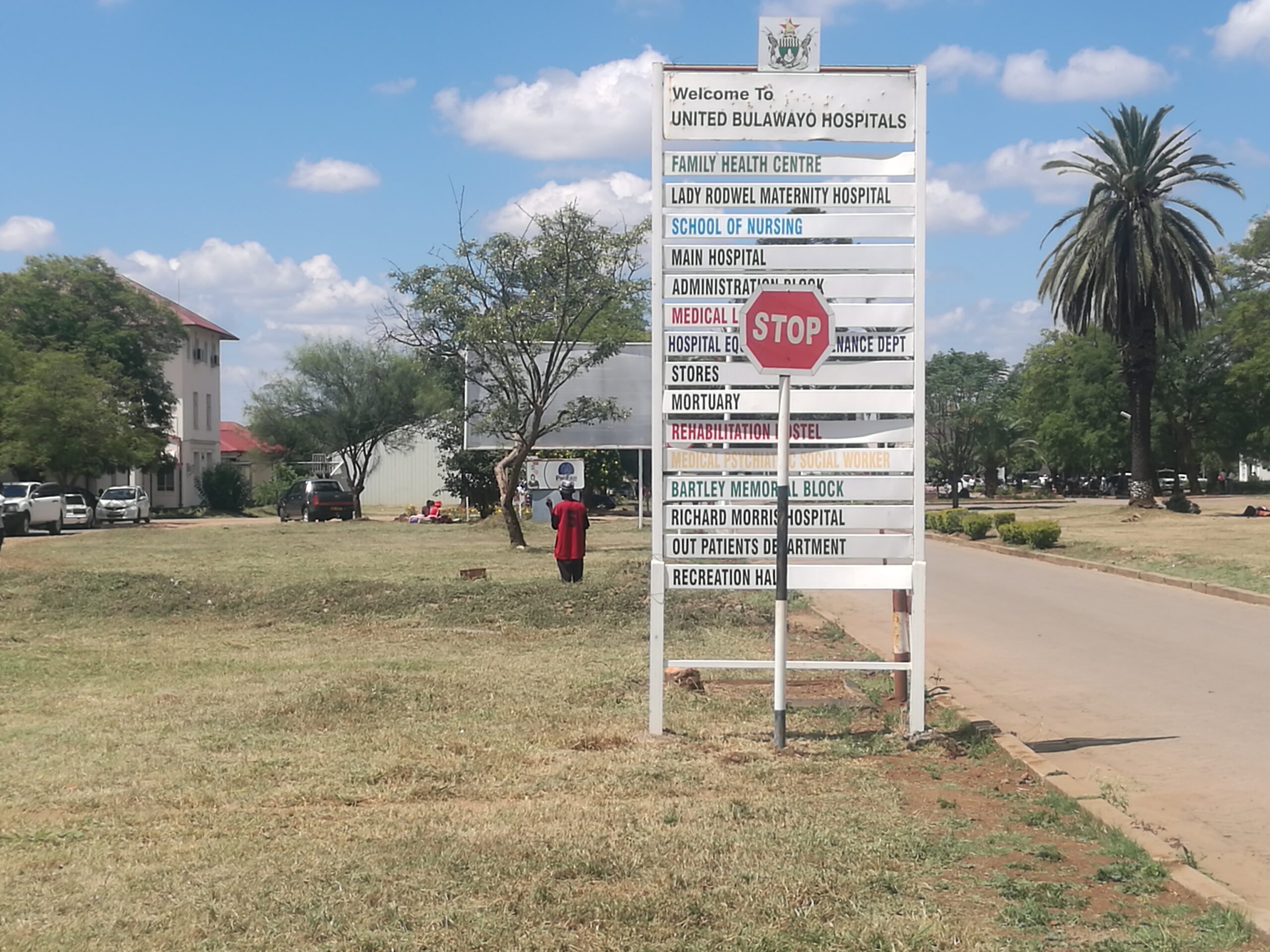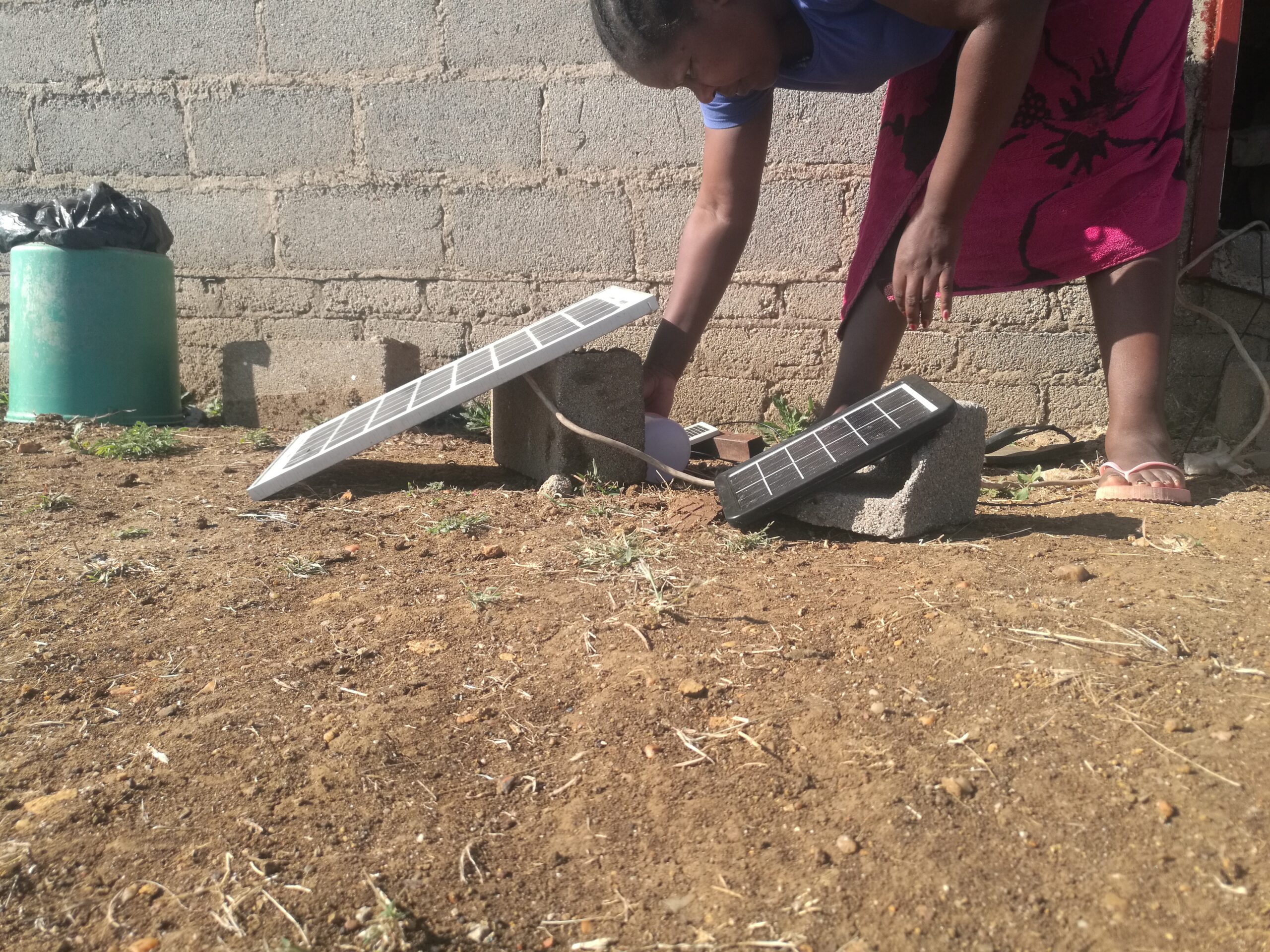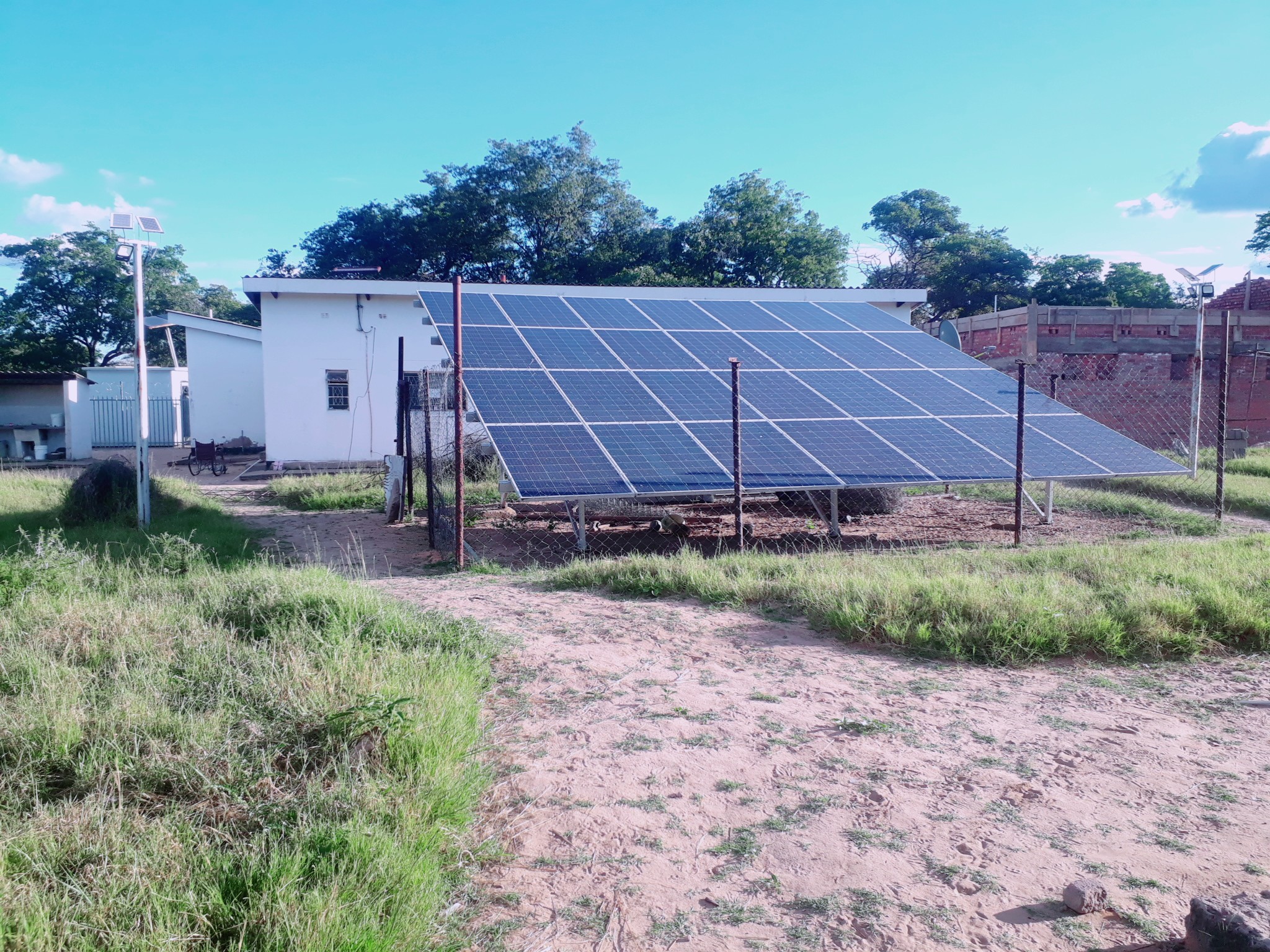When Philimon Nebwanji visited a local government referral hospital in Zimbabwe, the first thing he noticed was that the elevator was not working.
With a wheelchair-bound relative expecting to receive medical attention on the facility’s second floor, it meant the stairs were the only alternative.
Yet Nebwanji would shortly discover that it wasn’t that the elevator was out of order: “There was no electricity,” Nebwanji said.
But the nonfunctioning elevator was only the lighter side of the impact the power cuts have had not only on Zimbabwe but other African countries which have been hit by an unprecedented energy crisis.

“I have heard of pregnant women giving birth in dark maternity wards because the hospital or clinic has no electricity,” Nebwanji said.
“It’s particularly worse in rural areas,” he added, as Zimbabwe — like many African countries — makes slow steps towards a decades-old ambitious rural electrification project stalled by reliance on climate-affected hydrocarbon power generation and lack of investment in the energy sector.
The continent-wide power crisis also made it virtually impossible to store Covid-19 vaccines, amid concerns that vulnerable communities especially in the rural areas were most affected.
Calls have reverberated across the continent to spare essential services such as the agriculture and health sectors from load shedding, but publicly-owned power utilities have struggled to meet energy demands.
Low investment in the energy sector
A new report on global energy has shone a spotlight on Africa’s health sector and how renewable energy is the present and future if the continent is to save lives and meet global health benchmarks.
Released on March 29, 2023, by REN21, the Renewables 2023 Global Status Report sheds light on strides made by the continent towards clean energy while lamenting low investment in the sector by both African governments and the private sector.
Researchers say the continent’s energy crisis in the health sector was escalated by Covid-19 and worsened by the Russian invasion of Ukraine which cut off global gas exports.

The continent-wide power crisis also made it virtually impossible to store Covid-19 vaccines, amid concerns that vulnerable communities especially in the rural areas were most affected.
The report comes against the backdrop of the World Health Organisation’s statement that less than a third of health facilities in sub-Saharan Africa have access to “affordable, reliable power.”
More than a dozen international multisector organizations have come together under the Energy Compact initiative targeting off-grid electrification of 25,000 health facilities by 2025.
REN21 says in 2022, global energy prices spiked to their highest since 2008, affecting all economic activities with the health sectors of already struggling low-income economies feeling the pinch.
The International Energy Agency (IEA) says 600 million people in Africa lack access to electricity, with researchers noting that it is in the health sector where this is a matter of life and death.
For people such as Nebwanji, the questions come fast and furious: “What happens to medicines that must be refrigerated; what about patients on dialysis and other life support machines,” he poses.

However, new financing models for investment in renewable energy earmarked for the continent’s health sector need to be explored, says Rana Adib, executive director of REN21.
“Renewable energy for healthcare facilities in sub-Saharan Africa requires innovative financing. An energy-as-a-service model for renewable energy systems is being piloted in Nigeria to demonstrate an innovative approach,” Adib said.
“Public-private collaboration is needed for reliable renewable energy supply because continuous energy access is critical for health care to operate machines, especially for those dependent on them for survival, to supply water, lighting, temperature control, and ventilation.”
“By continuing to subsidize fossil fuels, policymakers are signaling that they are not serious about tackling the multiple economic, health, and other crises we are facing.”
More than a dozen international multisector organizations have come together under the Energy Compact initiative targeting off-grid electrification of 25,000 health facilities by 2025.
They have noted that “an estimated one in four primary healthcare facilities in Sub-Saharan Africa lack access to power, with many more health facilities suffering from debilitating power outages.”
However, this is set to change as African countries from Egypt to Zimbabwe seek to upscale off-grid energy production, which is also expected to improve service provision in the health sector.
“Electrification has always been a priority in Africa with governments through state utility firms investing in large-scale hydropower, biomass, coal, and natural gas projects depending on which part of the continent you are,” said Njock Ayuk, executive chair of the Africa Energy Chamber.
“I would say, lack of capital and Africa’s inability to maximize energy mix diversification have been the main issues.”
It has also been disheartening for medical personnel such as doctors and nurses who continue pressing governments for better working conditions.

“This report should serve as a wake-up call to all policymakers to enable immediate renewable energy responses that help users face the current multiple crises,” said Arthouros Zervos, president of REN21.
“By continuing to subsidize fossil fuels, policymakers are signaling that they are not serious about tackling the multiple economic, health, and other crises we are facing. It shows they are being impractical about reducing high energy costs.”
Accelerated investment in renewable energy
Zervos’s statement comes at a time several African countries are proposing and implementing energy tariff hikes to finance power production and infrastructure maintenance.
The African Union has committed to achieving universal access to electricity by 2030, and with REN21 emphasizing accelerated investment in renewable energy, it could be a race against time with only seven years away from the AU timeline.
For now, patients, medical personnel, and people such as Nebwanji grit their teeth and hope the continent’s energy poverty will be addressed sooner rather than later.
